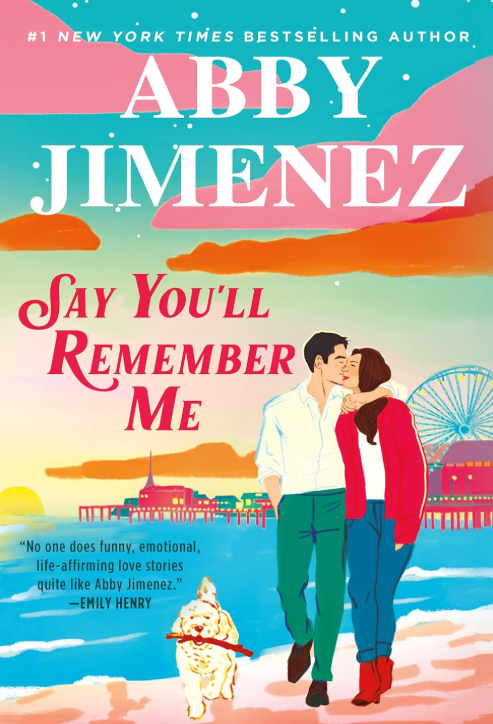ARTIST: Ryan Adams
ALBUM: Prisoner
Rating: 7.6/ 10
The Artist:
With an onslaught of pressure from modern record labels to produce quality records frequently and consistently, and the need to secure a loyal consumer base, an artist’s ability to experiment with his or her sound seems somewhat futile in the modern era. It seems that musicians throughout every genre are bound by the limitations of what sound will sell, often creating a disconnect between artistic freedom and production demands (see my review of Big Sean’s “I Decided”). With such high stakes, it takes immense talent and perhaps sheer disregard for self-preservation for an artist to experiment successfully with the many facets of the musical lexicon. Perhaps this understanding of the limitations surrounding artists in the music industry highlight the significance of an incredible and diverse body of work crafted by Singer/Songwriter Ryan Adams, over 15 studio albums.
I’ll pause here to clarify. If you are someone who has only heard of Ryan Adams because of his cover Taylor Swift’s “1989” or the hit single “When The Stars Go Blue” off of the album “Gold”, and you think that Adams is the latest manifestation of melodramatic pop music, you’re perhaps right, but you’re also immensely wrong. To attribute one sound or dimension to Adams does a disservice to the man’s status as an innovator and student of music history. Don’t believe me? Look at the evolution of Adams’ 15 studio albums. Beginning in the late ’90s Ryan Adams launched his career with an “Alternative Country” band named “Whiskeytown”, with which he recorded three albums. After going solo in 2000, Adam’s next albums utilized the artist’s talent as a songwriter through the varying mediums of Classic-Rock, Blues, Acoustic-Americana, and yes, even sometimes pop. Aside from his own music Adams has produced and collaborated for and with Willie Nelson, Fall Out Boy, Counting Crows, Weezer and Norah Jones. Adams has covered everyone from Oasis to Taylor Swift, and aside from music has published a volume of poems and a collection of short stories. Simply, Adams is an artist in every sense of the word, and a brilliant one at that.
The Album/ How it Compares:
“Prisoner”, Adam’s first bit of original content since his self-titled album in 2014, reveals itself song by song as a heartbreaking homage to the end of Adams’ marriage to singer Mandy Moore. Thematically the album demonstrates the sentiments of a man comfortable with heartbreak, and the combination of a tragic but confident sound creates an ethereally disturbing but beautifully composed work. Adam’s “Prisoner” seems to be structured by presenting a question through the first track on the album “Do You Still Love Me?” and then answering that question through the style and lyrics of the following 11 songs (spoiler alert: the answer is no). “Do You Still Love Me” is nothing short of a ballad, composed of layers of organ resonance with a shrill electric guitar punch to break through the echo, the song would seem to set the tempo for another variation of Ryan Adams’ sound. But, immediately following the opening track, “Prisoner” reverts to the intimacy seen on previous Adams albums, mastering the art of space, and calculated guitar work, as songs can breathe and echo the tragedy in Adams lyrics.
Ultimately “Prisoner” is another classic in the legacy of Ryan Adams. While the subject matter of love loss at times can feel a bit monotonous and unimaginative, Adams succeeds, as he always has, in conveying his subject matter genuinely and meticulously, evoking an empathetic response. “Prisoner” succeeds as an album, and reaffirms the talent of Adams as a songwriter and musician.









